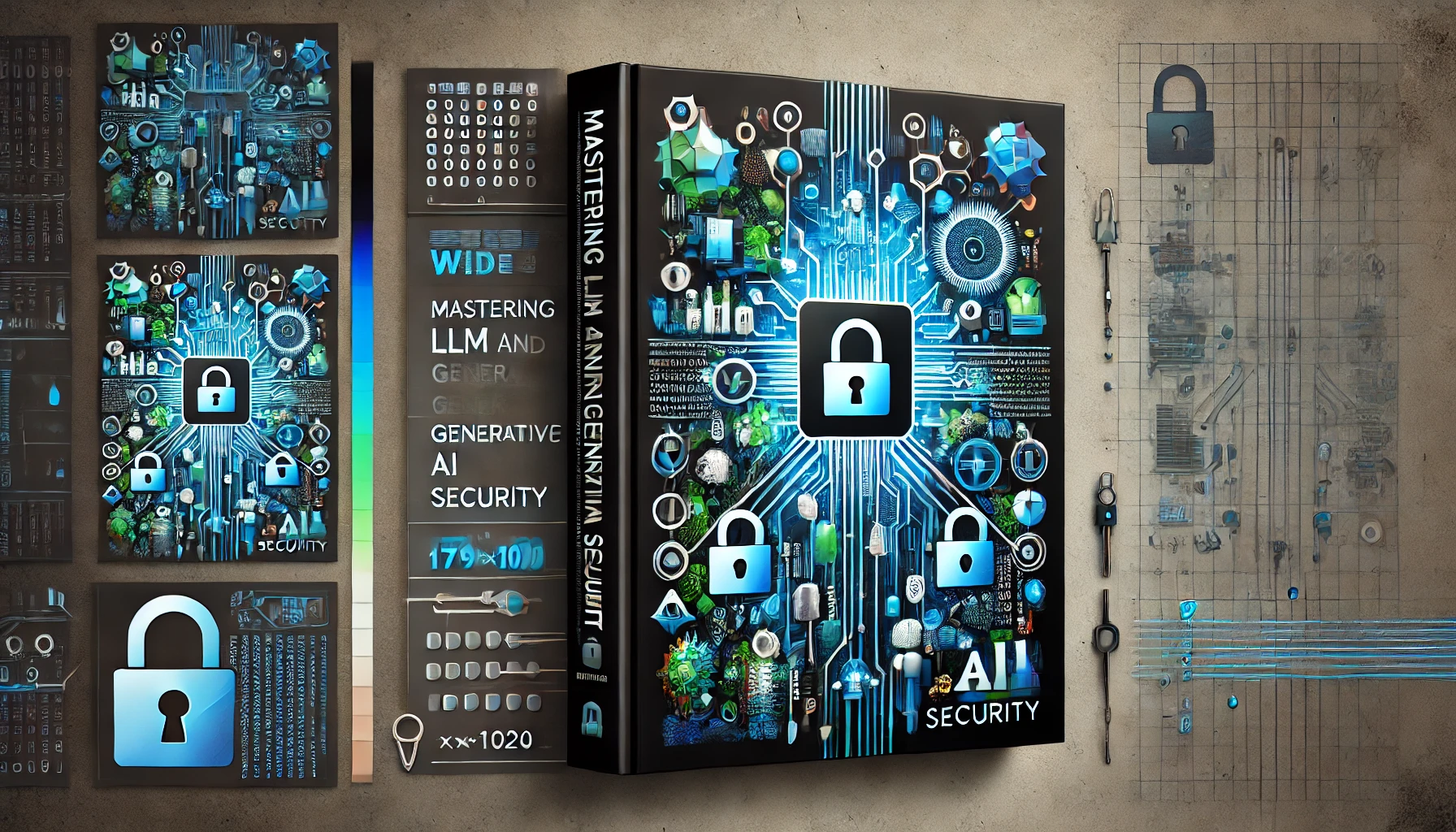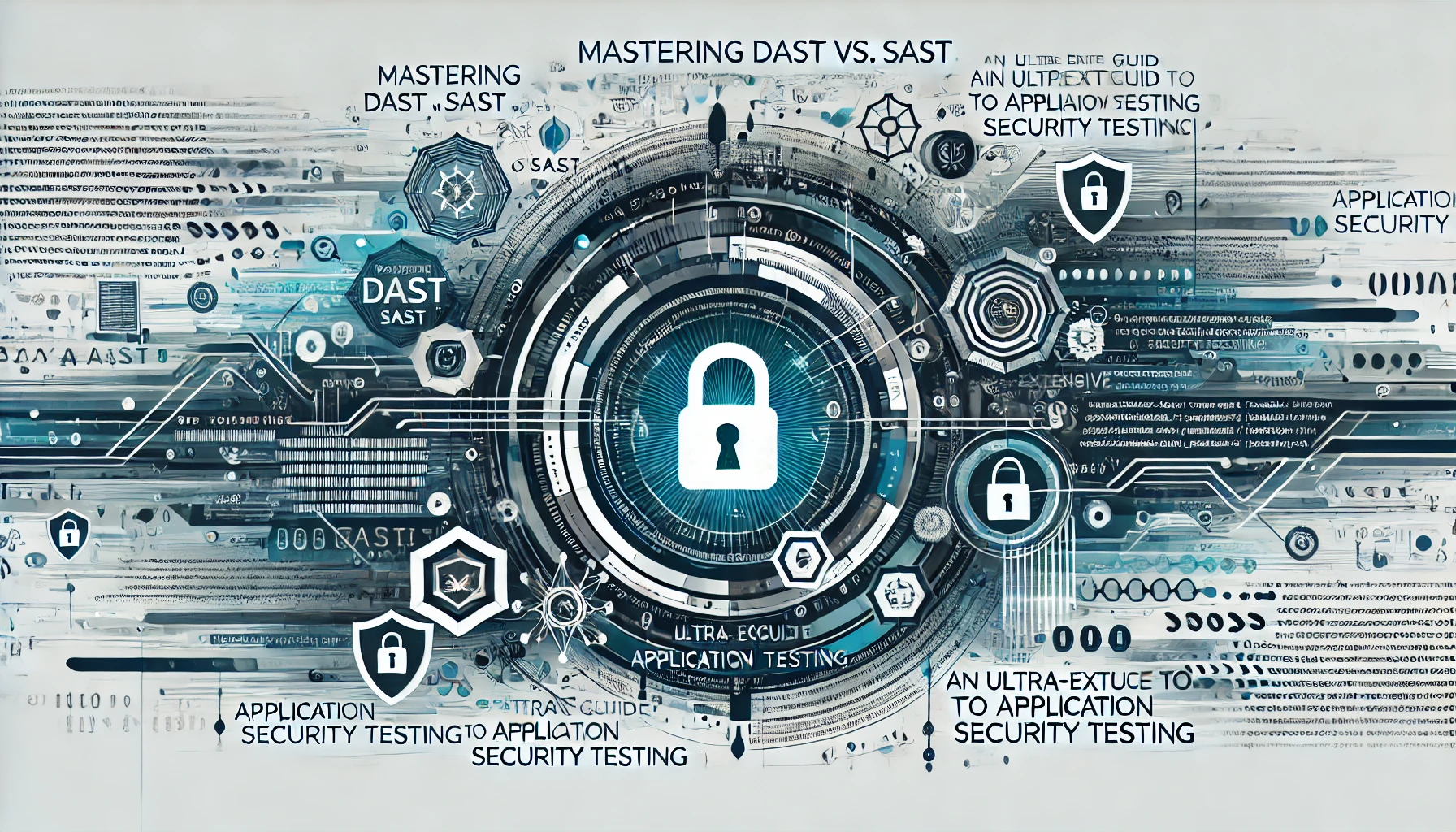
The Future of Authentication: Exploring Passwordless Security
In today’s digital landscape, securing online accounts and data has become a top priority for individuals and organizations alike. One significant area of focus in the field of cybersecurity is passwordless authentication, a revolutionary approach that aims to enhance security while providing a seamless user experience. In this blog post, we will delve into the concept of passwordless authentication, its benefits, and its potential impact on the future of cybersecurity.
What is Passwordless Authentication?
Passwordless authentication, as the name suggests, eliminates the need for traditional passwords. Instead of relying on a combination of characters, numbers, and symbols, passwordless authentication leverages alternative methods to verify a user’s identity.
There are several types of passwordless authentication methods, including:
- Biometric Authentication: This method uses unique biological characteristics such as fingerprints, facial recognition, or iris scans to verify a user’s identity.
- Hardware Tokens: Hardware tokens, such as USB keys or smart cards, generate one-time passwords or digital signatures to authenticate users.
- Mobile Authenticators: Mobile apps or push notifications can be used to verify a user’s identity by sending a prompt to their mobile device.
The Benefits of Passwordless Authentication
Passwordless authentication offers several advantages over traditional password-based systems:
- Enhanced Security: Passwords are often weak or easily guessable, making them vulnerable to hacking attempts. Passwordless authentication methods provide a higher level of security by leveraging unique user attributes that are difficult to replicate.
- Improved User Experience: Passwordless authentication eliminates the need for users to remember complex passwords, reducing the risk of forgotten passwords and subsequent account lockouts. This leads to a more seamless and user-friendly experience.
- Reduced Credential Theft: Since passwordless authentication methods do not rely on passwords, the risk of credential theft through methods like phishing attacks or keyloggers is significantly reduced.
The Future of Cybersecurity
As the digital landscape continues to evolve, passwordless authentication is poised to play a significant role in shaping the future of cybersecurity. With the increasing prevalence of data breaches and password-related attacks, organizations are actively exploring alternatives to traditional password-based systems.
By adopting passwordless authentication, organizations can mitigate the risks associated with weak passwords and enhance their overall security posture. Furthermore, passwordless authentication aligns with emerging technologies such as biometrics and mobile devices, making it a natural progression in the field of cybersecurity.
In conclusion, passwordless authentication represents a paradigm shift in the way we approach online security. By eliminating the reliance on passwords, organizations can enhance security, improve user experience, and stay ahead of evolving cyber threats. As the future unfolds, passwordless authentication is likely to become the new norm, revolutionizing the way we protect our digital identities.
Stay Connected with Secure Debug
Need expert advice or support from Secure Debug’s cybersecurity consulting and services? We’re here to help. For inquiries, assistance, or to learn more about our offerings, please visit our Contact Us page. Your security is our priority.
Join our professional network on LinkedIn to stay updated with the latest news, insights, and updates from Secure Debug. Follow us here.







